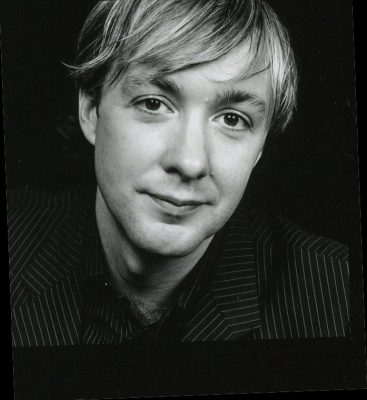In his field of international law, the Åland Islands are well known for their special status as an autonomous, demilitarized and neutralized zone. This was and is of great interest for Ralph Wilde as a scholar of international dispute settlement through special, unorthodox forms of sovereignty/territorial status and territorial administration/self-determination.
Dr. Ralph Wilde seems to be busy and work with a high pace. He is not only a member of the Faculty of Laws at University College London, University of London, where he publishes, teaches and conducts external consultancy and public engagement on international law. In his previous work he has also focused on the concept of trusteeship over people in international law, addressing colonialism, belligerent occupation and international territorial administration. His book on that topic, International Territorial Administration: How Trusteeship and the Civilizing Mission Never Went Away (OUP) was awarded the Certificate of Merit (book prize) of the American Society of International Law. His current research project, ‘human rights beyond borders’, on the extraterritorial application of international human rights law, supported by an ERC Research Frontier Award, has led to various publications and will involve the production of three monographs for CUP. He also works on international law issues relating to the Israeli-Palestinian situation.
In 2010 the UK Leverhulme Trust awarded him a Philip Leverhulme Prize, which is given to UK-based academics under 40 who are judged to be ‘outstanding scholars who have made a substantial and recognized contribution to their particular field of study, recognized at an international level’.
So why has he applied to be a guest researcher at the Åland Island Peace Institute?
– To be able to further develop and highlight the theoretical and practical relevance of my long-lasting work on the Israel-Palestine context, and occupied, internationally administered and/or disputed territories generally.
– I am hoping to benefit from the opportunity to work on and discuss the important challenges raised by the subject of my research in an atmosphere of relevant interdisciplinary expertise, commitment to peace, and, crucially for this subject, even-handedness and fairness. I am based in a generalist law faculty in a generalist university. To be able to do my work in an environment such as that offered by the Institute would make a real positive difference to the quality of what I am able to produce.
I would hope I can contribute much from my two decades of work on these issues in a variety of contexts around the world, in discussions with, and engaging in the work of, everyone involved in the Institute and its networks, and on the Islands more generally. I am also delighted and honoured that my Fellowship is in the year of the 30th anniversary of the Institute, and I am looking forward to contributing to the celebrations for that.



